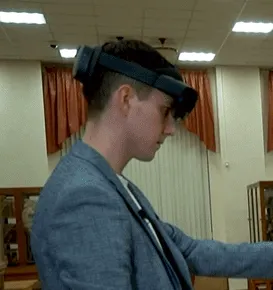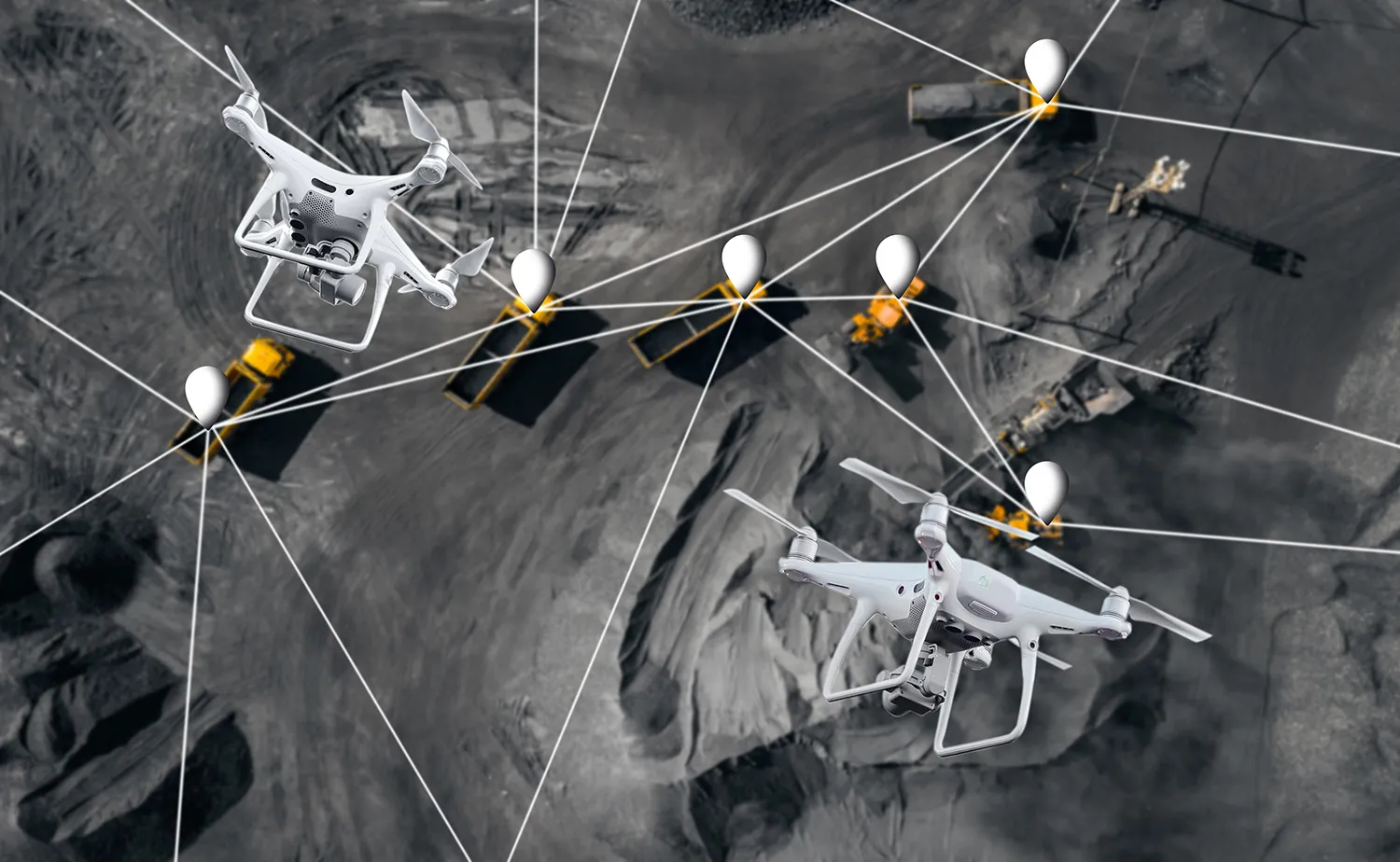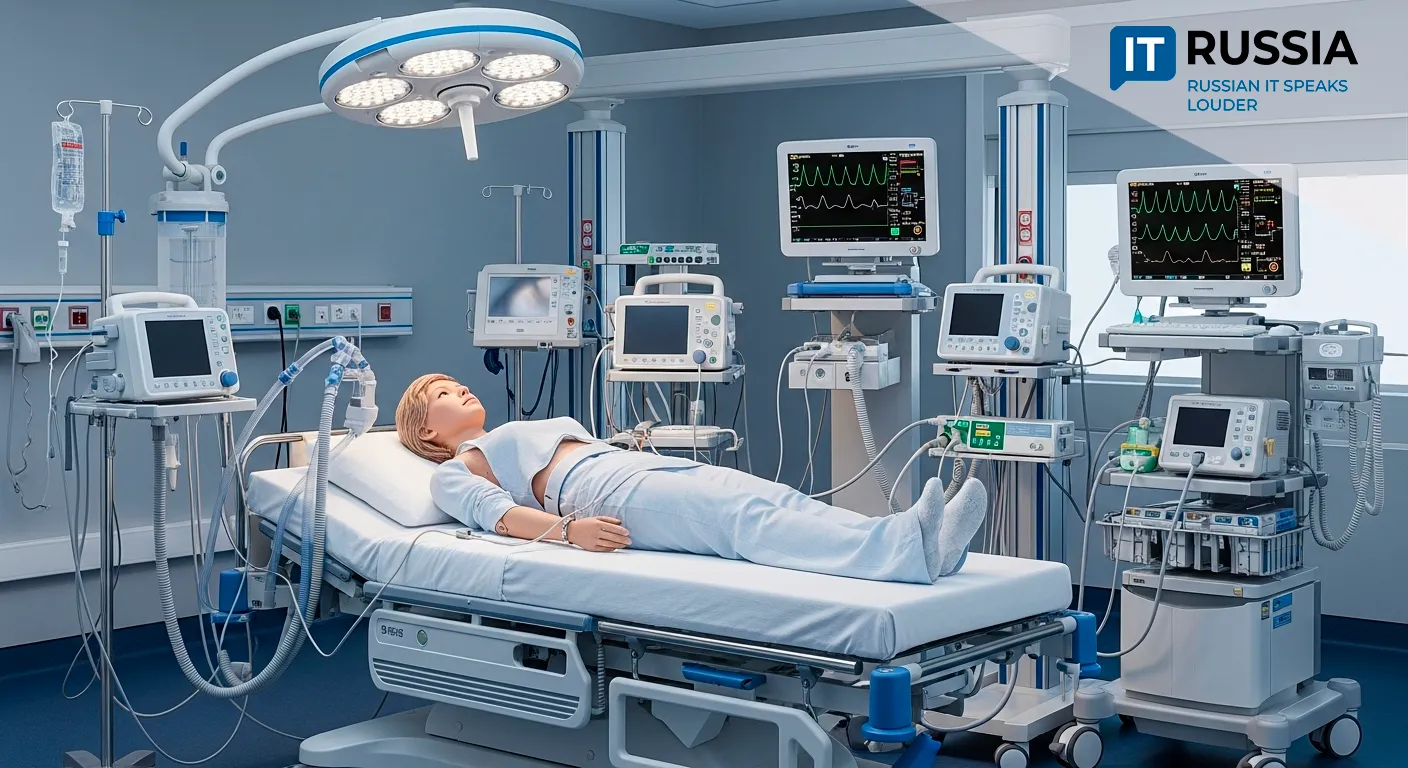Russian AR Glasses: A Surgical Breakthrough Built on Arduino
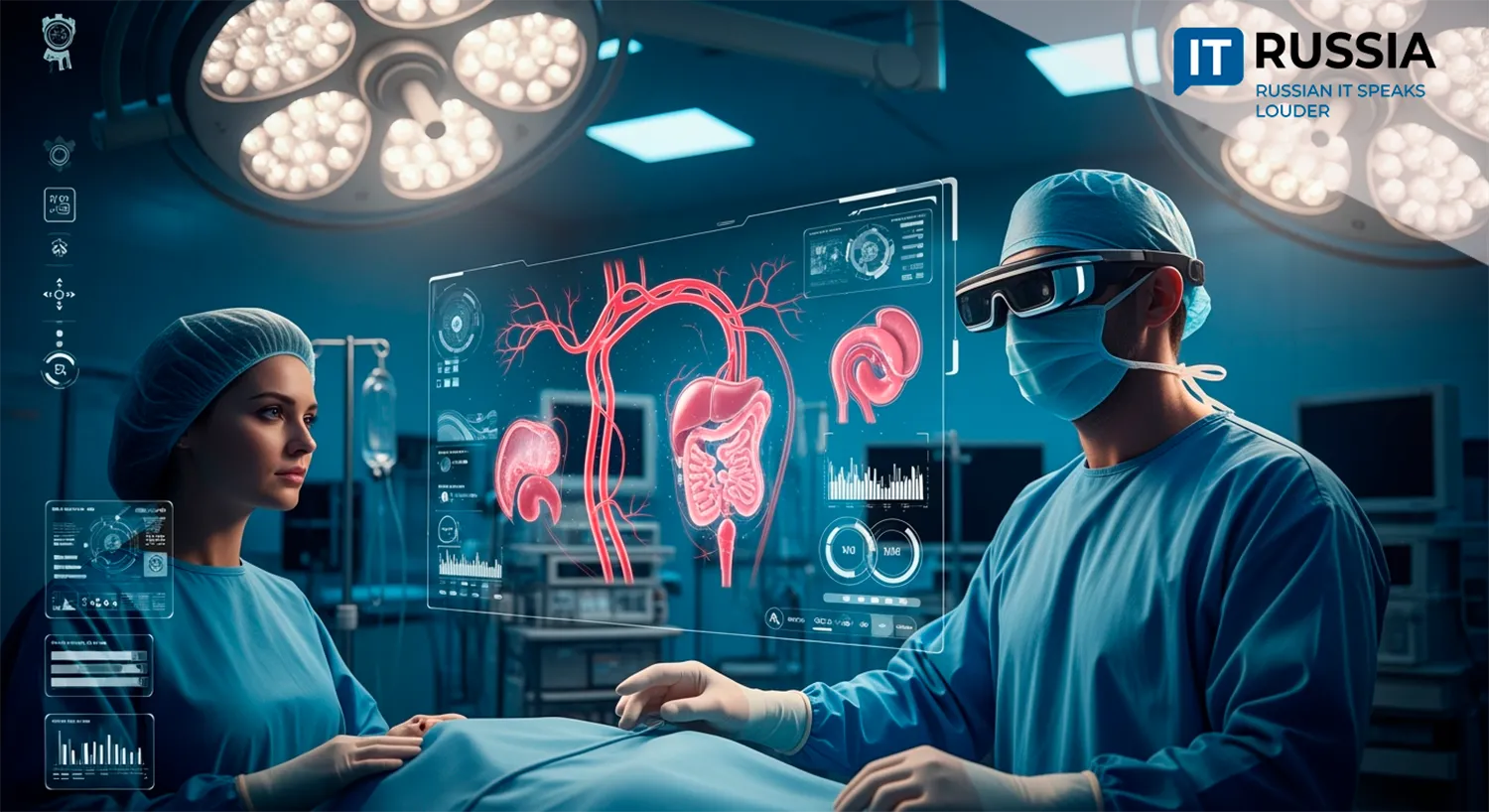
As AI and augmented reality evolve at breakneck speed, Russia is carving out its place in the global tech landscape. Engineers at RTU MIREA have developed a prototype AR headset that projects anatomical data directly onto lenses during surgery—a move that could redefine modern operating rooms.
A leap forward aligned with national innovation strategy
This is not just another incremental advance in medical technology—it’s a disruptive innovation. The prototype, unveiled at the RADIOINFOKOM–2025 conference, is being developed under Russia’s 'Priority 2030' strategic program, which supports state-backed innovation in critical sectors.
At the core of the prototype is an Arduino Nano microcontroller that enables real-time projection of anatomical structures—tissues, vessels, nerves—directly into the surgeon’s field of vision. The system allows for hands-free navigation within the operating room, projecting holographic imagery from multiple angles. Surgeons can manipulate these visuals using voice commands and gesture recognition, even accessing real-time patient vitals mid-procedure.

Early clinical applications have shown promising results. In neurosurgery, AR-assisted navigation reduced error rates by 30%. In cardiac surgery, it shortened average operation time by 15%. These gains highlight the technology’s dual value: boosting procedural accuracy and enhancing patient safety.
Beyond the AR, this development also transforms medical education. Students can now practice on virtual patients whose anatomy can be adjusted in real time, opening new frontiers for immersive, adaptive training.
Replacing imports, eyeing global competition
Russia’s entry into the global AR-medtech race has both economic and strategic motivations. The current prototype represents not only a push for import substitution but also a potential revenue stream through technology exports. With further refinement, these AR glasses could rival offerings from industry leaders like Microsoft HoloLens, Vuzix, and Meta.
Russia’s ambitions don’t stop at hardware. The project could evolve into a platform for international collaboration with clinics and medical device manufacturers. Given the worldwide demand for smart healthcare tools, a viable Russian alternative could command serious market share—particularly in emerging economies seeking affordable, adaptable solutions.
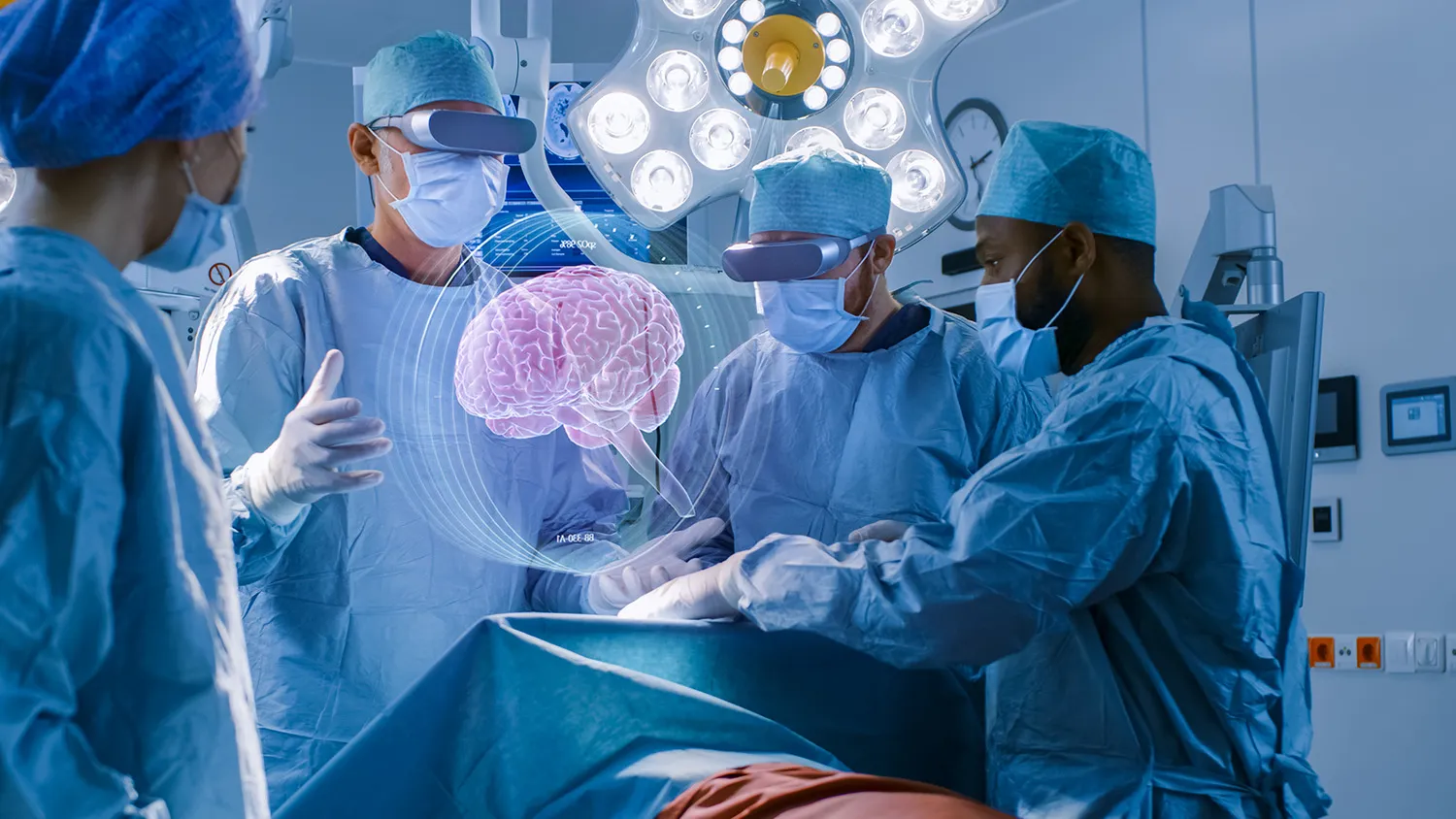
Building a domestic AR ecosystem
Over the past five years, Russia has seen consistent momentum in the development of AR technologies in healthcare. As early as 2020, the Far Eastern Federal University launched VR/AR applications for post-stroke rehabilitation with significant outcomes. In 2023, Sechenov University introduced its 'Virtual Patient' platform, now used in eight medical schools.
This newest AR headset is part of a broader strategy to cultivate a full-stack medical technology ecosystem—from software and hardware development to training and implementation in clinical settings.
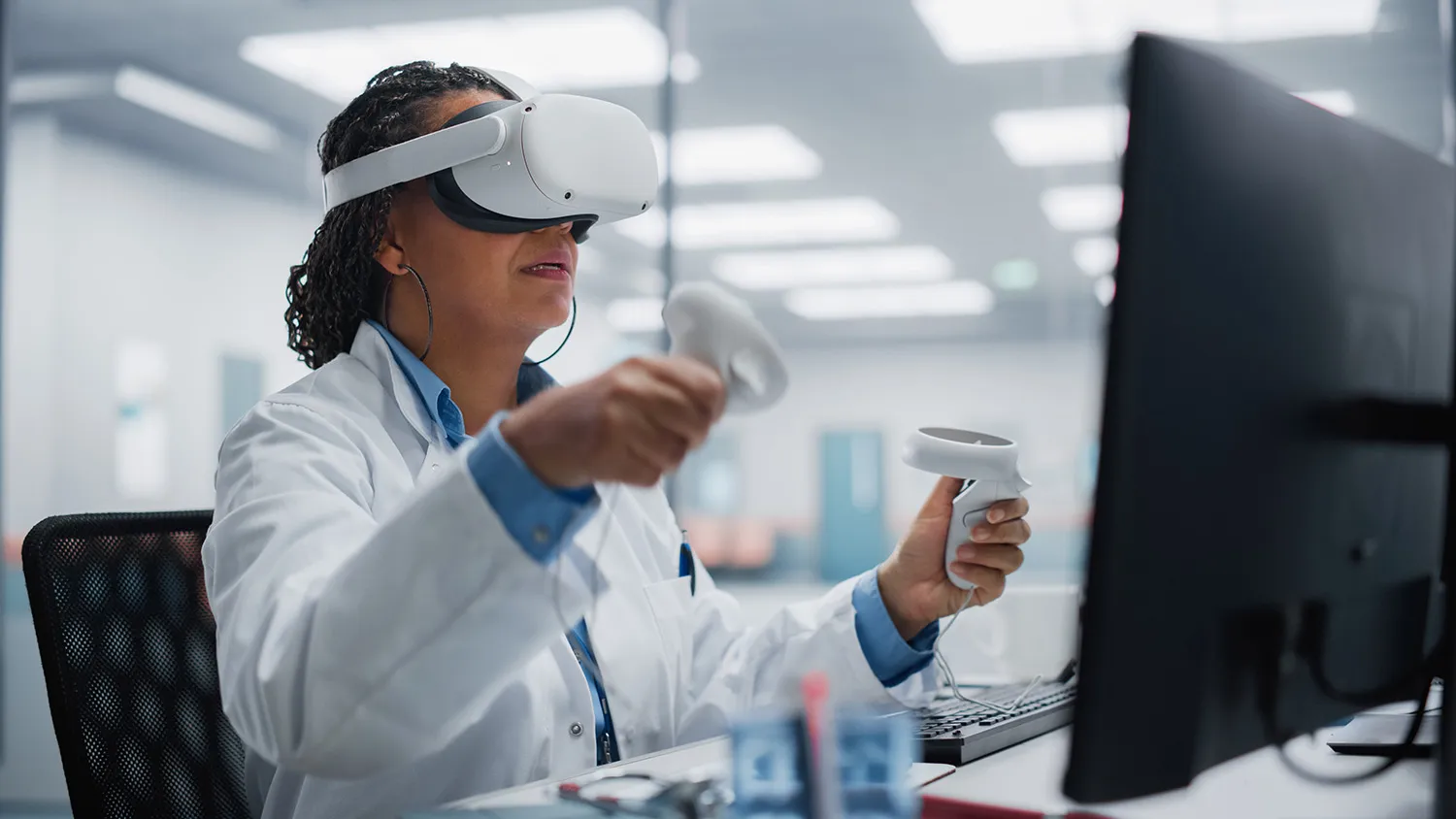
Challenges and next steps
Transitioning from prototype to production won’t be easy. Engineers must reduce the device’s weight and size and migrate from Arduino-based architecture to an industrial-grade platform. Key hurdles include developing certified software and ensuring compatibility with existing medical standards.
However, the roadmap is clear. Within the next two years, the system could enter pilot use at leading hospitals and universities. A broader market rollout across the CIS and the Middle East may follow within three to five years. With successful scaling and intellectual property protection, Russia could secure a foothold in the global AR medtech market.
This innovation by RTU MIREA is more than a technical milestone—it’s a statement about the future of Russian science and its ability to produce globally competitive technologies. In a world increasingly defined by digital healthcare, these AR glasses symbolize a tangible step toward safer surgeries, smarter education, and a more connected medical future.


